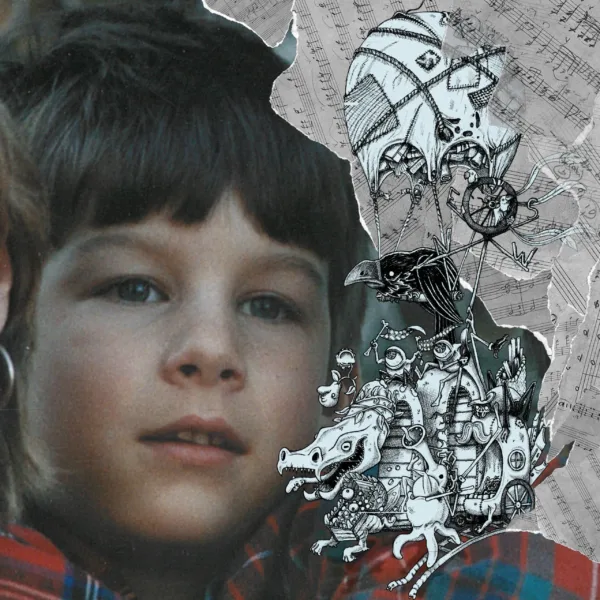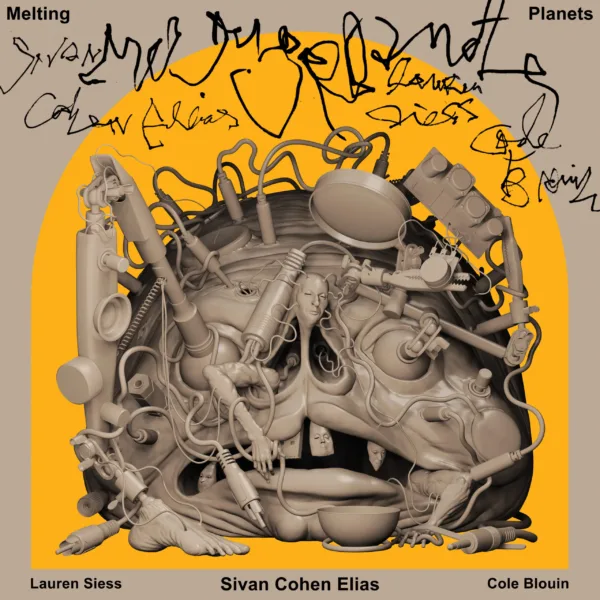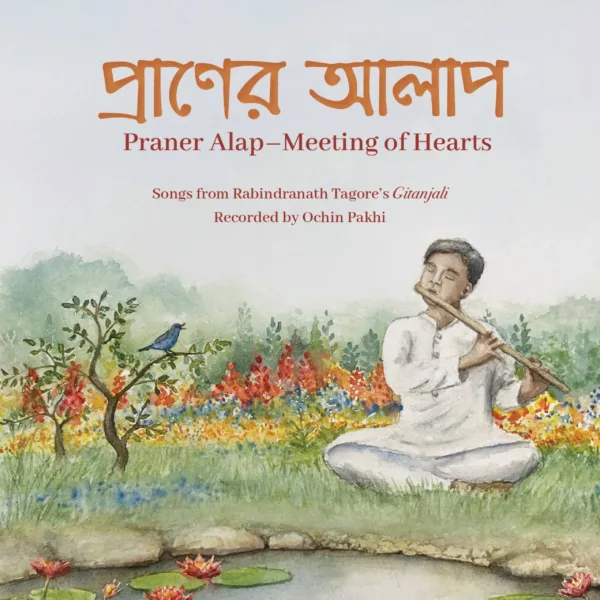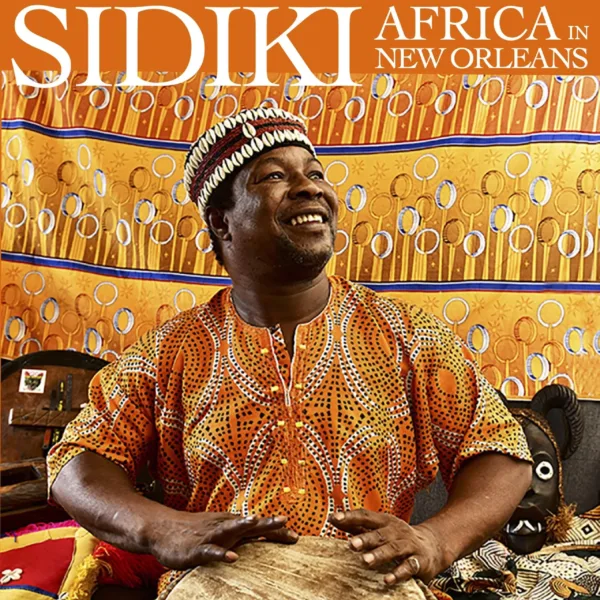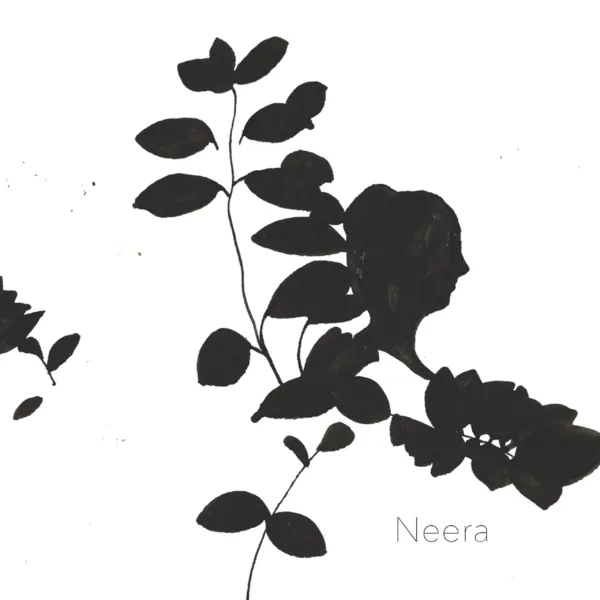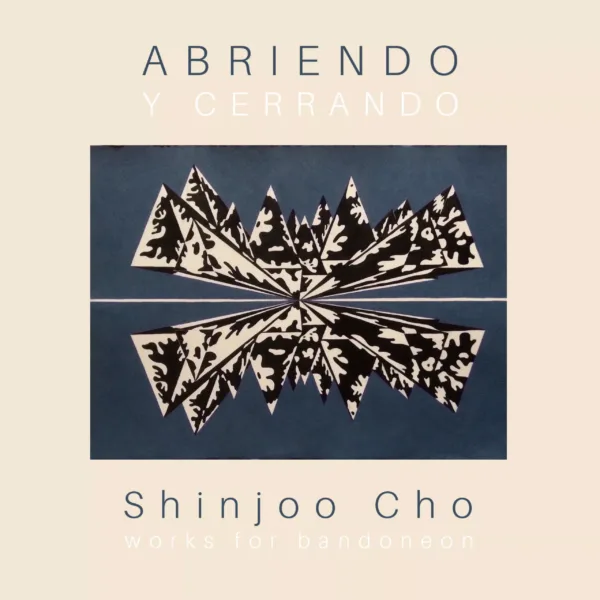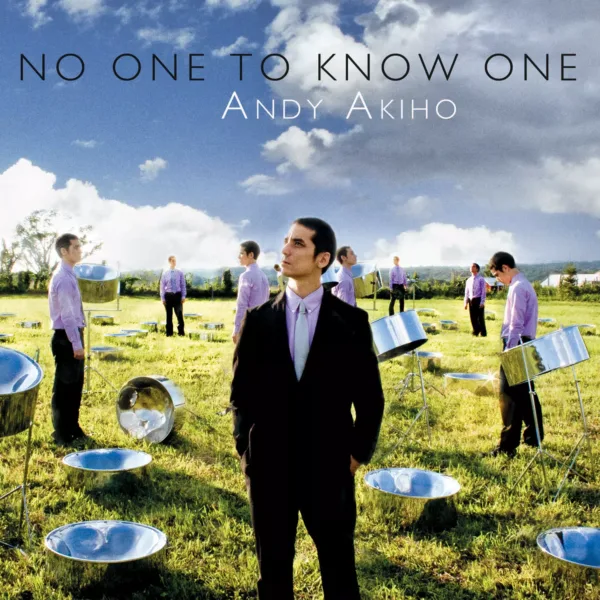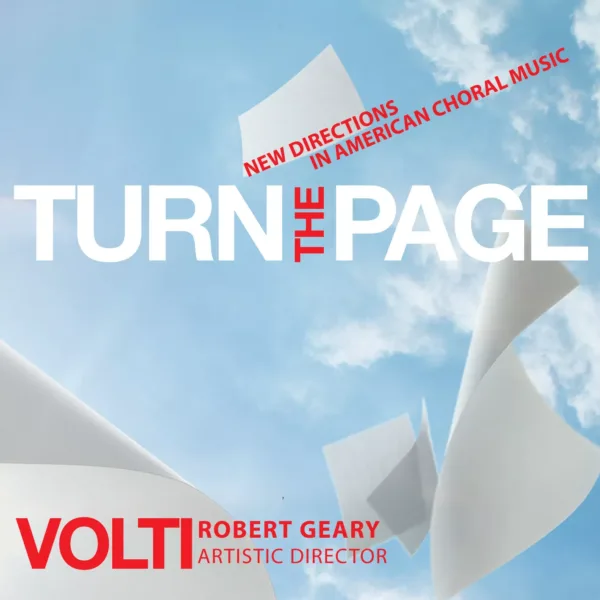On Cold Mountain
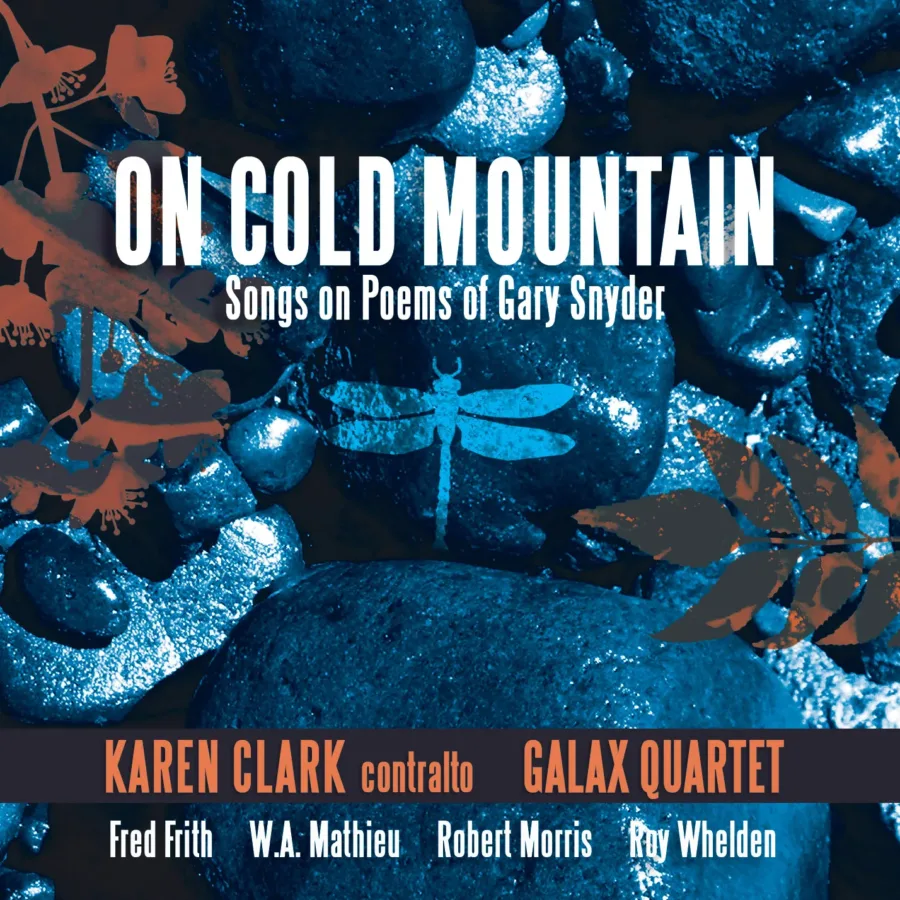
In 2008, the Galax Quartet and contralto Karen Clark set out to commission new songs on poetry of Gary Snyder for their unusual complement of forces: an early form of the classical string quartet—2 violins, cello, and viola da gamba — with a modern voice. By this time Roy Whelden, composer/gambist and director of Galax, had already been hailed by Early Music America as “a key figure in the world of new music.” Whelden says of this project: “We wanted to expand the repertory for this ensemble and, at the same time, create something akin to late renaissance consort song on poetry that speaks to us today.”
So, when asked to set their favorite Snyder poems to music, composers Fred Frith, Allaudin Mathieu, and Robert Morris were keen to join. Snyder, who had just been awarded the 2008 Ruth Lilly Poetry Prize, agreed to participate saying that he was “totally curious about how this will work.” The four song cycles that comprise “On Cold Mountain: New Songs on Poems of Gary Snyder” were premiered on June 4, 2008 at Old First Concerts in San Francisco.
A Pulitzer poet, Gary Snyder is revered — alongside Alan Watts, Philip Whalen, Allen Ginsberg, and Jack Kerouac — for his literary contributions to Eastern thought. Snyder’s passionate respect for the environment often earns him the title of poet of deep ecology, wherein the non-human and the human worlds carry equal moral weight. Several of Snyder’s translations by the 8th century Chinese, Han Shan, have been set by Whelden, Frith, and Mathieu. On this recording, both Frith and Mathieu set one of the more “beat” poems representative of Han Shan: Once at Cold Mountain troubles cease No more tangled, hung-up mind. I idly scribble poems on the rock cliff. Taking whatever comes, like a drifting boat.
The composers’ backgrounds and musical languages encompass a range of styles that include rock & roll, jazz, Baroque counterpoint, Indian classical music, and postmodern atonalism. British guitarist and composer, Fred Frith (For Nothing) said: “Well I guess the essence of what I’m doing is trying to acknowledge the world Baroque instruments came from while composing music that reflects what we are now; on the other hand trying to find ways of organizing the material that seem to me to have to do with Gary Snyder’s way of ‘organizing’ words, and his deep passion for natural phenomena. What is actually emerging of course has an unruly life of its own, somewhat like natural phenomena!” Allaudin Mathieu’s song cycle, For All, is “as eclectic as Gary’s poetry. …Gary and I are from the same generation of eclectics and generalists. His poetry has always seemed to me intricate and well made, but not until I set these few poems did I realize how beautifully woven they really are.” Composer Robert Morris, who teaches atonal music theory at Eastman, explains that his music is derived from a cycle of 29 notes: “I think of the cycle as a musical mandala that undergirds the musical world of this setting of Gary’s poetry.”
